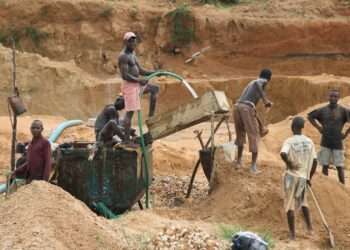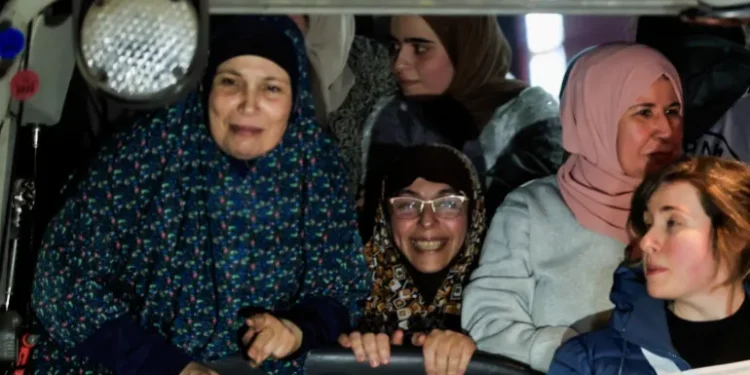A Virologist at the Kumasi Centre for Collaborative Research (KCCR), Dr Michael Owusu, has disclosed that the country could potentially enter into a fifth wave in its fight against the COVID-19 pandemic.
According to him, if necessary precautions are not put in place to slow down the rate of transmission, there’s bound to be a surge in cases. He explained that the 1,064 new cases recorded by the Ghana Health Service is a far cry from the country being regarded as safe and it is something “we have to weigh as a country to really know how far we want to go” in addressing this particular pandemic.
Mr Owusu indicated that the last time the country had Omicron variant, it had about “five sub-lineages” and the sub-lineage 3, 4 and 5 seem to be accounting for a lot of waves across the world. He expressed that in Ghana already, there has been record of the B4 and B5 variants in circulation.
“The numbers you see clearly show that we are now beginning another wave. I think more of a fifth wave that starts just like other waves have started. For those of us who have been studying this trend of the virus, as we always mentioned, every wave is driven by new variants…
“So, I’m not so surprised that we are likely to get into a full-blown fifth wave and this could also be contributed by the relaxed conditions and the masks that is not being worn as we used to do earlier, the social distancing and the need for people to be more careful with how they handle themselves.”
Michael Owusu
The KCCR Virologist stated that once the safety protocols are relaxed and not being adhere to, then the country will suffer the fate of having a new variant coming in. He highlighted that it will not take much time, as the virus will just have to “run through the population and account for the numbers that we are seeing”.
Greater Accra region remains hotspot to COVID-19
Commenting on why the Greater Accra region remains a hotspot and authorities are finding it difficult to contain cases in the capital, Mr Owusu revealed that he doubts it can be controlled and the statistics are to be expected.

“If you had studied from the first wave till now, almost every wave starts from Greater Accra and goes to Ashanti. If it comes to Ashanti, there are particular spots which has accounted for the waves and if you got through the list you’ll find them. Similar to Greater Accra, the same places that accounted for the first, second [and] third wave are the same that I believe are going to account for this one as well.”
Michael Owusu
Mr Owusu elaborated that because these variants are imported once people come into the country, majority of them enter through Accra before they move to other places. With this, he explained that the population of movement in and out of Accra becomes very high and the turnover is quite huge.
“So, it’s expected that if you have new variants coming in, Accra will be the point that will first experience this before it will disseminate to other areas. So, it is not surprising, it is just following the normal trend we have seen before and this only tells us that if we have to control this well, then we have to start from hotspots like we have done..”
Michael Owusu
To prevent further transmission of the virus, Mr Owusu indicated that the roadmap to reducing the spread has already been mapped out. As such, government should be better prepared to ensure it reduces “the active transmission” because the data is available and it knows what to do.
Mr Owusu called on government to vaccinate identfied hotspots well and ensure that people adhere to the precautionary measures such as social distancing and masks wearing to especially in the hotspot zones.
READ ALSO: Joyce Mogtari Attributes Government’s Inability To Act On Adwoa Safo’s Absence As Political





















